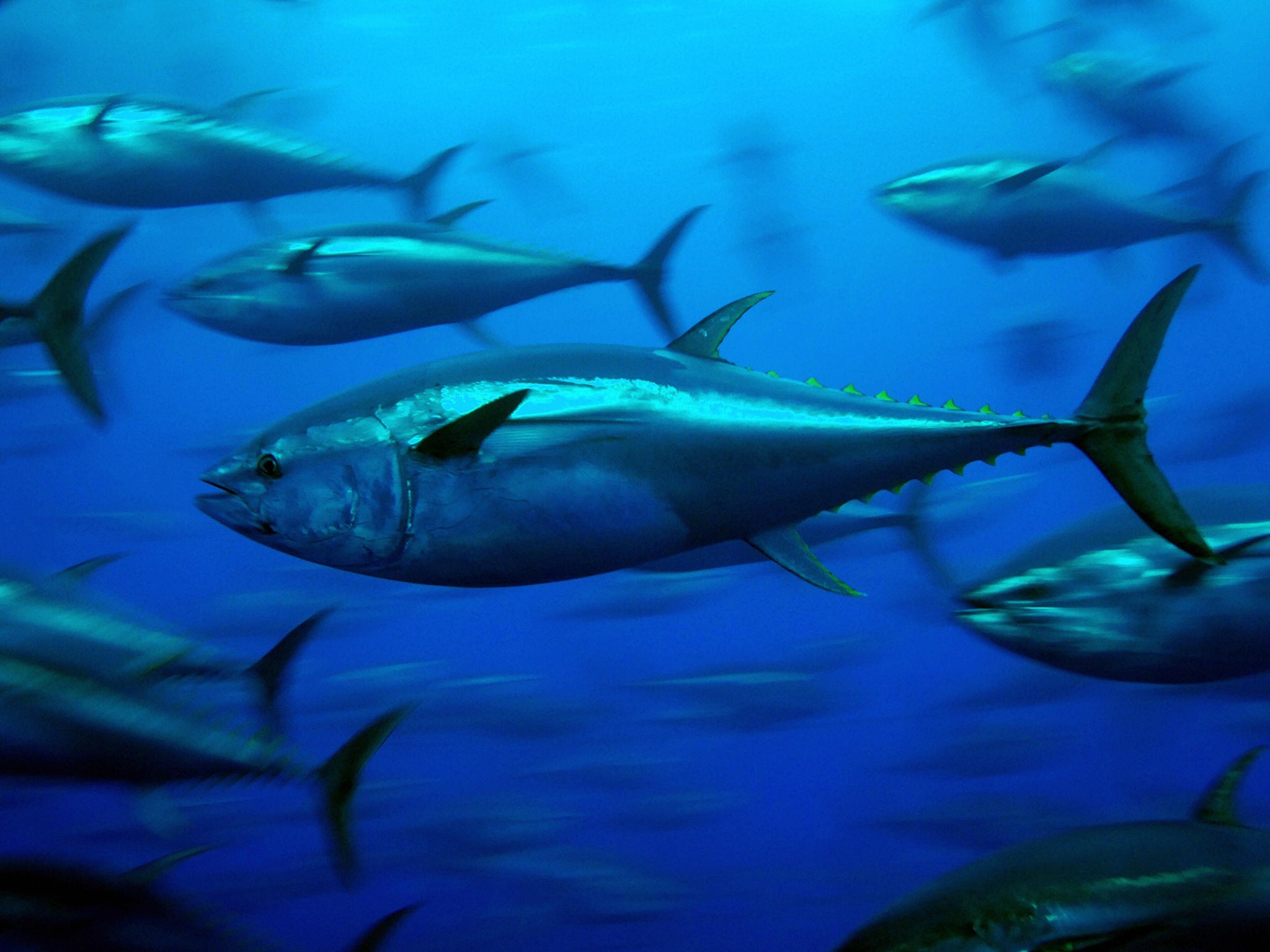This website uses cookies so that we can provide you with the best user experience possible. Cookie information is stored in your browser and performs functions such as recognising you when you return to our website and helping our team to understand which sections of the website you find most interesting and useful.

The world is not doing enough to stop the devastating destruction of the natural world, according to a United Nations report published on Tuesday.
Ten years ago, more than 150 countries got together in Japan to set out the 20 Aichi biodiversity targets to prevent more species from vanishing and to safeguard ecosystems, tackling everything from deforestation to saving coral reefs.
But nations have mostly failed to meet those goals, according to the Global Biodiversity Outlook 5, the UN scorecard released ahead of a summit on the issue at the end of the month.
Six of those 20 goals were “partially achieved,” and the rest were not. The scorecard notes that “bright spots” include extinctions prevented by conservation, more land and oceans are protected and fish stocks have bounced back in well-managed fisheries.
But it is the second consecutive decade that countries have fallen short of the goals, and fragile habitats like coral reefs and tropical forests are in greater peril than even before.
If this were a school and these were tests, the world has flunked, said Elizabeth Maruma Mrema, executive secretary of the UN Convention on Biological Diversity, which released the report.
“This flagship report underlines that humanity stands at a crossroads with regard to the legacy we wish to leave to future generations,” she said.
Inger Andersen, who leads the UN environment program, called it a global failure.
“From COVID-19 to massive wildfires, floods, melting glaciers and unprecedented heat, our failure to meet the Aichi (biodiversity) targets — protect our our home — has very real consequences,” Ms Andersen said. “We can no longer afford to cast nature to the side.”
Former UN Secretary-General Ban Ki-Moon connected the problems to “a lack of global partnership and political leadership”, in an interview with AP. He said multilateralism has been under attack, citing the US’s withdrawal from the Paris climate change agreement as an example.
The study should not be cause for despair, the report authors said.
“Some progress has been made, but inadequate progress. A lot still needs to be done,” Ms Mrema said. “The key is to get the political will and the commitment.”
The report was originally slated to be released at a UN conference to set biodiversity targets for the next decade but the event in Kunming, China, was postponed until next year due to the pandemic.
One of the challenges in meeting global biodiversity targets is a mismatch between countries with abundant natural assets — such as large tracts of intact tropical forests — and those with money to enforce protections.
Enric Sala, Explorer-in-Residence at the National Geographic Society, said: "This new report just confirms that we're unplugging our life support system at a faster pace than ever.
"The Covid-19 pandemic is the loudest wake up call we've had on how we're all connected to all other creatures on Earth, and that our health - our own survival - depends on having a healthy natural world. The science is clear: we can start fixing the wrongs of the past by agreeing to protect at least 30% of our planet by 2030."
Last week, wildlife charity WWF released its “Living Planet Report 2020” which found that the natural world is in a “desperate” state, with global wildlife populations “in freefall” due to the impact of humans.
Populations of mammals, birds, fish, amphibians and reptiles have collapsed by an extraordinary 68 per cent on average globally since 1970 - more than two thirds in less than 50 years, the study found.
On the UN scorecard, Mike Barrett, Executive Director of Science and Conservation at WWF-UK said: “These findings, coming days after our Living Planet Report found that global wildlife populations have plummeted by two thirds in less than 50 years, give further irrefutable evidence that we need to step up global ambition to tackle our wholescale destruction of nature.
“That means overhauling how we produce and consume food, so that no more land is converted for agriculture or precious habitats destroyed. We know it can be done, but governments need to acknowledge their failings and act urgently, decisively and at a global level.”
AP contributed to this report



 Africana55 Radio
Africana55 Radio 
